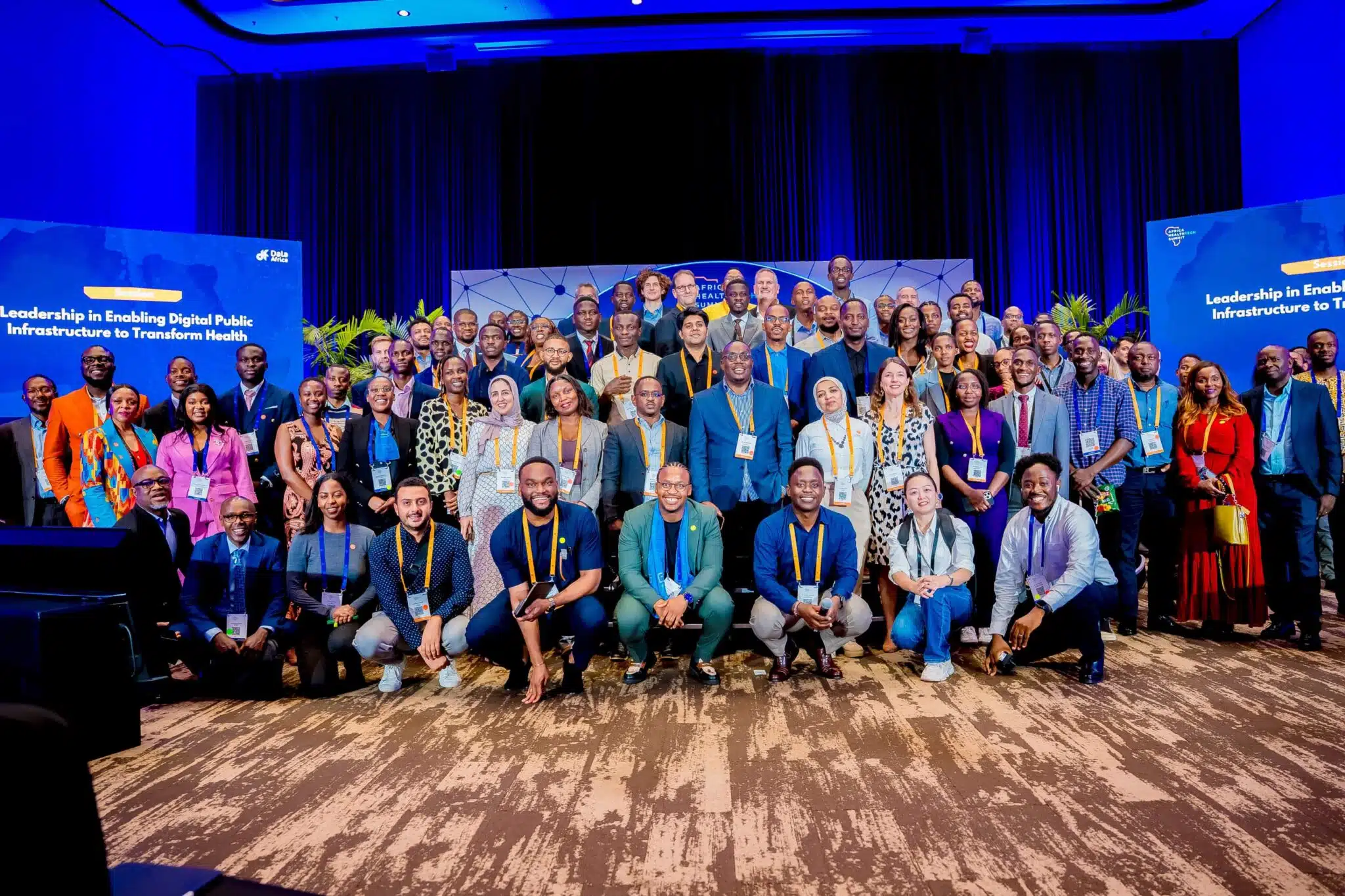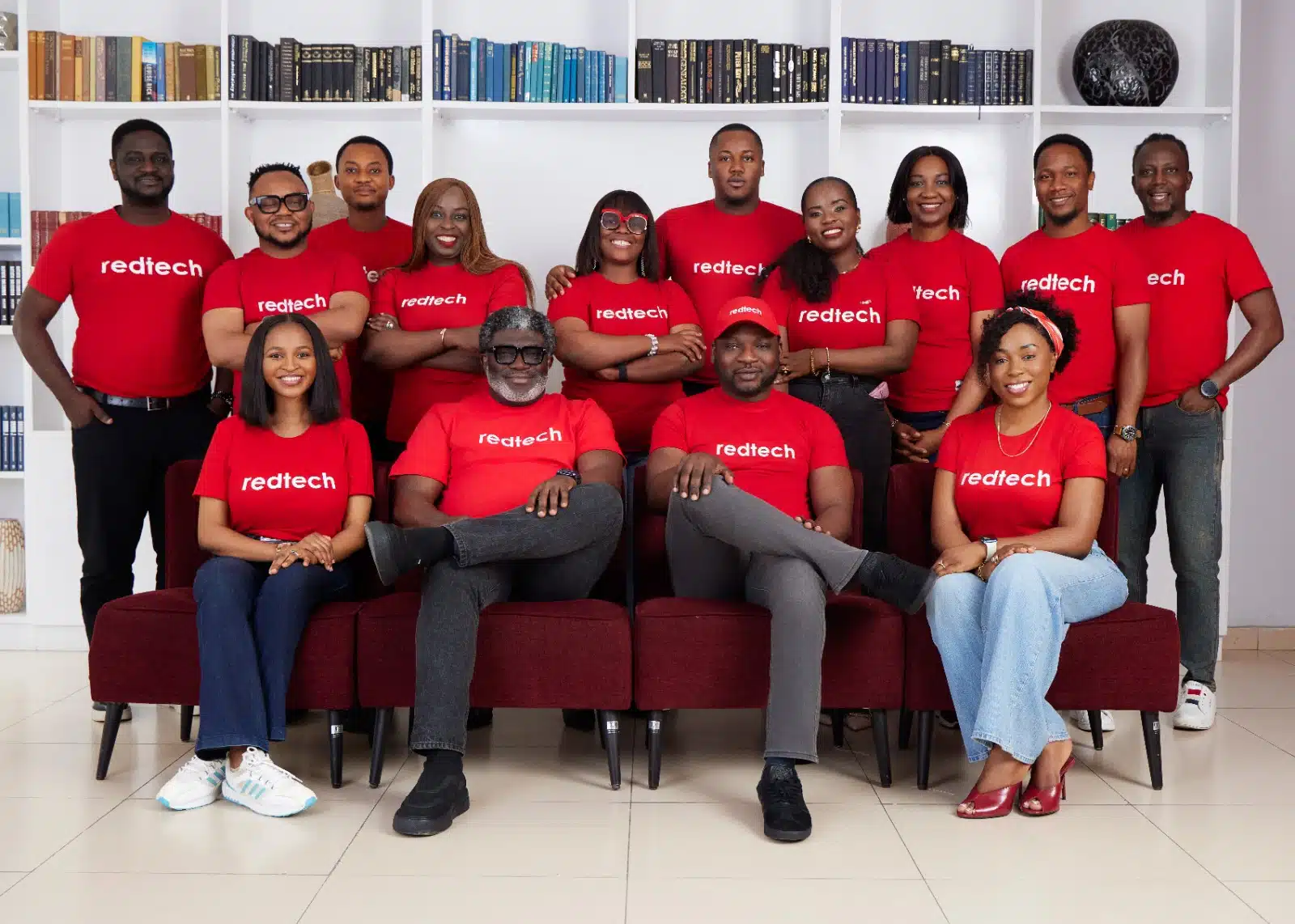Netflix, long known for its scripted series and movies, has been entering live sports streaming over the past year. Its entry began modestly but has scaled rapidly, focusing on major live broadcasts, documentaries, and high-profile exhibitions.
The streaming giant began with an exclusive three-year streaming deal for select NFL games, starting in 2024. It secured a ten-year exclusive global rights to WWE’s flagship weekly wrestling show, including event streaming like NXT and SmackDown. By March 2025, they had an exclusive stream of the 2026 MLB season opener as part of a three-year deal worth over $220 million.
Netflix’s sports experiments drove large short-term signups and viewer spikes, proof that live sports can attract users and younger audiences, but what would Netflix’s sports streaming landscape look like in a region like Africa?
In Africa, sport, especially football, is culturally central and is a powerful hook for bringing different countries and regions together. In recent times, sports content has become one of the fastest-growing sectors in the creator space. Football accounts for 70% of sports viewership in Africa.
Although the African streaming market is booming, with over 560 platforms and projections for 17 million South African users alone by 2029, streaming sports content remains challenging, especially due to high-rights costs and regional preferences.
The African sports streaming landscape has long been dominated by a few major players, most notably MultiChoice’s DStv/SuperSport, which holds exclusive rights to the UEFA Champions League and the English Premier League.
Netflix’s live sports in Africa
Netflix has invested $175 million in sub-Saharan Africa since 2016, with 71% in South Africa. However, this funding leans towards scripted series and films, not sports. Its subscriber base, about 1.8 million in sub-Saharan Africa, holds 33.5% of Africa’s streaming market share. In Contrast, MultiChoice leads with 39% market share.
Extending Netflix’s live sports streaming to Africa could transform the company’s market position, subscriber growth, and competitive edge in a region with a rapidly growing Subscription Video on Demand (SVOD) market, valued at $3.04 billion in 2025 (projected to reach $4.58 billion by 2030, with an 8.54% CAGR).
On the one hand, Netflix may have a hand in the sports streaming markets, as this is an untapped market in Africa, plus its percentage share of the sector gives it leverage. It could potentially disrupt MultiChoice’s dominance and shake its stance in the market.

Victoria Fakiya – Senior Writer
Techpoint Digest
Stop struggling to find your tech career path
Discover in-demand tech skills and build a standout portfolio in this FREE 5-day email course
Techpoint Africa spoke to several Showmax, DStv, and GOtv streamers, and more than 50% of them were willing to ditch their current streaming platforms if Netflix made a debut into sports streaming in Africa.
Benedict Neville, a football and wrestling fan, says, “If it was possible, I think a lot of guys, not just me, would watch football on Netflix. And maybe not just football but other sports too. They already stream WWE, so if they add to that, then I definitely would use Netflix instead.”
Some expressed hilarious comments, saying they would ditch Showmax and even add DStv to the discarded list.
However, few explained that they would switch to using Netflix, depending on certain factors and conditions.
“Yes, price is important, but what range of football events would they be showing? That’s the most important consideration. Showmax only shows the [English] Premier League, so the average football fan who wants to see his team play almost all the time would not want only one league to be covered. If Netflix can offer up to three leagues, a lot of guys would jump, especially if the price is right,” says Chimgozirim Nwokoma, a football fanatic.
For many sports fans, subscribing to Netflix to stream live sports content seems like overkill, especially if the price is higher than that of other streaming platforms.
“I would not want to subscribe to Netflix just for football matches. The alternatives work fine. Except it’s for a flat fee where I would just pay to watch a particular match or pay for a particular day, then yes. If not, subscribing seems too much,” Ernest Ogbanefe tells Techpoint Africa.
However, the reality is that MultiChoice is ruling the African sports streaming market, as its stream subscribers grew by 38% since January 2025, with revenue rising by 48% for streams. Showmax also recorded a 44% year-on-year increase in active paying Showmax subscribers.
To compete, Netflix may need to start with occasional tournaments and African/regional leagues, and offer mobile-first, low-data streams or short-term passes around big matches to align with local consumption patterns.
Live sport demands low latency and high broadband reliability, which poses a cost bottleneck for Netflix subscribers. However, telco partnerships may ease that load, especially since Africans are price sensitive.
“I think the target market for watching live sports is quite different from Netflix’s existing audience. Of course, there will be some interest, but I don’t see Netflix adding sports to their offering to make a significant difference to their Nigerian subscriber base unless they can address the cost and quality of data. For example, partnering with a telco provider and subsidising data to stream matches at high quality,” James Torvaney, COO, Pulse and ex-CEO, Pulse Sports Africa, explains.
He also shared that MultiChoice has not gained significant traction due to legal streaming market struggles, including high costs, low-quality data provision, low spending propensity, and the abundance of free alternatives.
MultiChoice/SuperSport has more than a decade-long hold on the most lucrative pan-African sports rights (EPL, UCL, Rugby). Netflix would have to pay a massive premium to pry these rights away or settle for secondary, less popular leagues.
However, Africans can access Netflix’s sports documentaries, including Sprint (Track & Field) and Full Contact (Boxing). These are available across sub-Saharan Africa (e.g., South Africa, Nigeria, Kenya) on standard plans (~$9/month in South Africa).
Netflix could win over 20-30% of Africa’s sports streamers by 2028 if it secures EPL/CAF rights and prices competitively, eroding MultiChoice’s edge amid their 10% pay-TV decline. Its global scale and tech would appeal to urban youth, but complete conquest is unlikely for now.











